SUMMARY
This is AI generated summarization, which may have errors. For context, always refer to the full article.
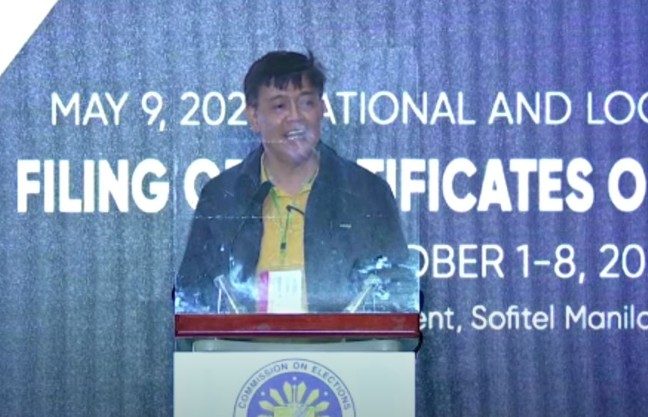
A chairperson of an aspiring party-list group is under fire after claiming that indigenous peoples (IP) need help to be smarter and to improve their illiteracy.
The comment comes as the Philippines marks October as the National Indigenous People’s Month.

Lawyer Gil Valera of Ang Koalisyon ng Indigenous People (AKO IP) said they planned to push for the establishment of a university solely for members of IP communities, regardless of their high school grades.
“Kailangan matulungan natin para iyong kamangmangan nila ay maging matalino na sila,” he said after filing the groups’ certificates of nomination and acceptance (CONA) on Monday, October 4.
“Magmumungkahi po kami na magkaroon ng batas na unibersidad ng katutubong Pilipino,” Valera added.
(We need to help them with their illiteracy so they can be smart, that’s why we’re suggesting to have a law that will set up a university for indigenous peoples.)
Valera said he wanted to help IP communities long-marginalized and ignored. He said he can retire if his dreams for them are realized.
“Kaya hanggang ngayon mahirap sila dahil wala silang sapat na edukasyon,” he said, adding that he knows what the IP community needs, citing his decades-long experience of teaching in two universities.
According to AKO IP’s website, Valera is a licensed customs broker who was born in Bangued, Abra.
Katribu Kalipunan ng Katutubong Mamamayan ng Pilipinas, an national alliance of indigenous peoples’ organizations, said that AKO IP’s run is an another attempt to “misrepresent” communities in Congress.
The party-list group’s plan to establish an IP university is “useless… without the foundation akin to Lumad schools.”
“IP education must be based on the right to land where knowledge and culture emanate and it should also be done in the spirit and principle of self-determination, an inherent right of every indigenous group,” KATRIBU told Rappler.
Not illiterate
There are 17,385,697 indigenous peoples in the Philippines as of 2020, according to data from the National Commission on Indigenous Peoples (NCIP).
The population is protected by Republic Act No. 8371 or the Indigenous Peoples’ Rights Act (IPRA). However, IP communities continue to face threats and harassment.
Many faced displacement over the years due to development projects on their ancestral lands. (READ: Displaced Bukidnon folk urge gov’t to act on their land claim)
Youth group Kabataan para sa Tribung Pilipino on Twitter belied Valera’s claims that indigenous peoples are illiterate. Even if faced with challenges, IP communities are able to fight for their causes.
While it is true that poverty is a huge problem in communities, these are often rooted in the exploitation of their resources. Local efforts, such as Lumad schools, are met with threats from state agents.
“May kakayahan ang mga katutubo na palayain ang kanilang mga sarili sa tali ng opresyon at karahasan ng estado at mga dambuhalang korporasyon,” the group said.
(Indigenous peoples have the power to free themselves from oppression and violence of the state and corporations.) – Rappler.com
Add a comment
How does this make you feel?

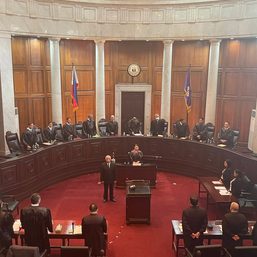
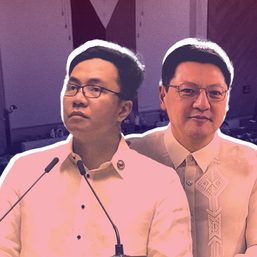
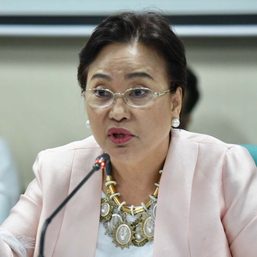
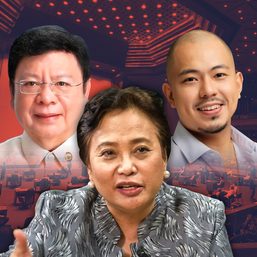
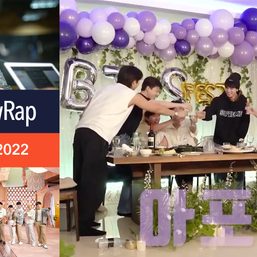


![[New School] Tama na kayo](https://www.rappler.com/tachyon/2024/02/new-school-tama-na-kayo-feb-6-2024.jpg?resize=257%2C257&crop=290px%2C0px%2C720px%2C720px)
![[Only IN Hollywood] After a thousand cuts, and so it begins for Ramona Diaz and Maria Ressa](https://www.rappler.com/tachyon/2024/02/Leni-18.jpg?resize=257%2C257&crop=262px%2C0px%2C720px%2C720px)
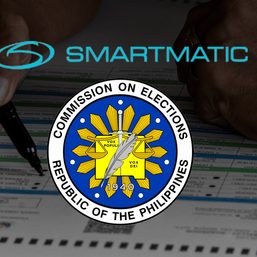
![[EXPLAINER] Should the Comelec prohibit the substitution of candidates?](https://www.rappler.com/tachyon/2021/10/TL-sq.jpg?resize=257%2C257&crop_strategy=attention)
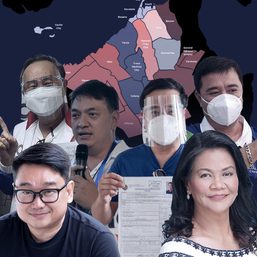

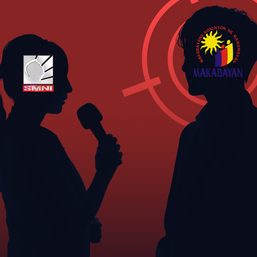
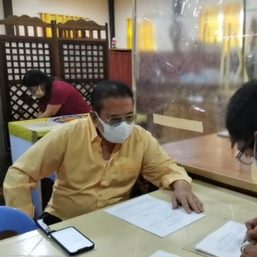
There are no comments yet. Add your comment to start the conversation.